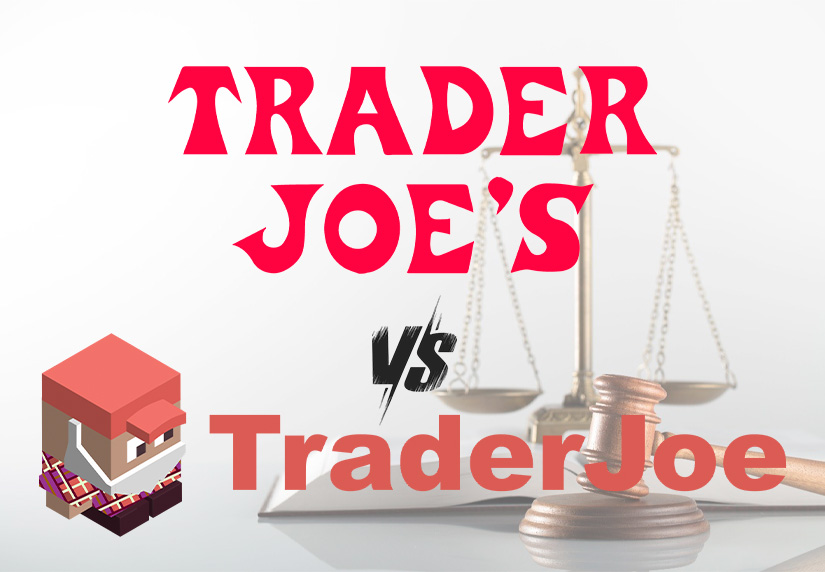The U.S. grocery chain Trader Joe’s has filed a lawsuit against a cryptocurrency platform that shares its name, accusing it of trademark infringement and unfair competition.
The platform, Trader Joe, is a decentralized exchange (DEX) that allows users to swap various tokens on different blockchains. It was launched in August 2021 on the Avalanche network and later expanded to Binance Smart Chain, Ethereum, and Arbitrum.
The Battle of the Joes Have Come to Light Today
According to the complaint, filed on Oct. 6 in the U.S. District Court for the Central District of California, the crypto platform deliberately chose a name that is identical or confusingly similar to the grocery chain’s name, which has been in use since 1967 and is well-known and distinctive.
The complaint alleges that the crypto platform’s name, logo, domain name, and narrative are designed to evoke the grocery chain’s brand and business and to benefit from its goodwill and reputation. The complaint also claims that the crypto platform’s activities are likely to cause confusion, mistakes, or deception among consumers and potential customers of the grocery chain.

The grocery chain is seeking an injunction to stop the crypto platform from using the Trader Joe name and logo, as well as damages, profits, costs, and attorney fees.
The lawsuit could hurt the crypto platform’s popularity and token price. The platform’s native token, JOE, has dropped by 4.5% today after the news broke out, according to CoinGecko. The platform currently holds over $77 million in liquidity and processed over $25 million in volume in September.
The crypto platform has not yet responded to the lawsuit or commented on its social media accounts. It is unclear whether the platform will comply with the grocery chain’s demands or fight back in court.
This is not the first time that a crypto project has faced legal trouble over its name. In 2019, Facebook sued a blockchain company called Loom Network for using a similar logo to its Libra project. In 2020, Telegram agreed to pay $18.5 million to settle charges with the U.S. Securities and Exchange Commission over its failed TON project.


